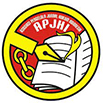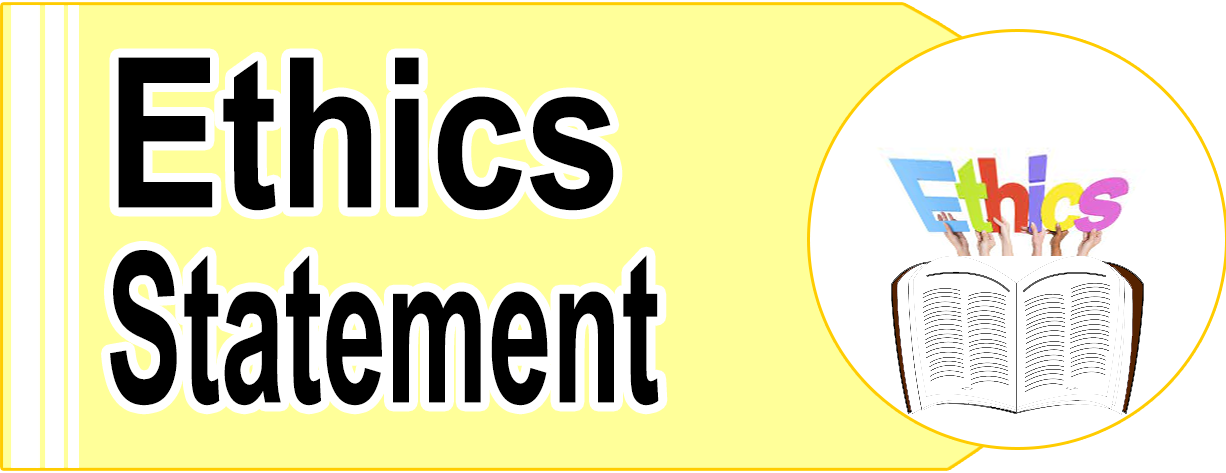- Focus and Scope
- Section Policies
- Peer Review Process
- Publication Frequency
- Open Access Policy
- Archiving
- Author Fees
- Plagiarism Policy
Focus and Scope
Sriwijaya Crimen Legal Studies (SCLS) is a journal in the field of law that publishes articles which include but not limited to articles with the themes: Administrative Crime, Juvenile Delinquent, Criminal Anthropology, Criminal Sociology, Penology, Criminal Psychology, Environmental Crime, Islamic Criminal Law, International Crime, Transnational Crime, Victimology, Corruption, Cybercrime, Narcotics Crime, Crime Prevention, Criminal Law Enforcement, Criminology, Criminal Procedure Code and various other aspects related to Criminal Law. In addition, the scope of this journal is also related to Civil Law, State Administrative Law, Constitutional Law, and International Law.
Section Policies
Articles
Peer Review Process
Peer Review Process is a process in the journal assesses the quality of manuscripts prior to publication, reviewed by relevant experts in their fields to review and comment on accepted manuscripts. This process aims to help editors determine whether manuscripts should be published in the Sriwijaya Crimen Legal Studies (SCLS) journal. Important points in the Peer Review Process:
- Manuscripts submitted to journals are pre-screened by the editorial team.
- Manuscripts that pass the examination will be sent to a minimum of two peer reviewers for review.
- Peer reviewers independently make recommendations to journal editors, whether manuscripts should be rejected or accepted (with or without revision).
- The journal editor considers all feedback from peer reviewers and makes a decision to accept or reject the manuscript.
The Peer Review Process for journal publications is basically a quality control mechanism, which experts evaluate manuscripts with the aim of ensuring the quality of published manuscripts. However, the peer reviewer does not make a decision to accept or reject the paper, but provides a decision recommendation. In journals, decision-making authority rests solely with the journal editor or journal editorial board.
When a manuscript is submitted to a journal, it is assessed to see if it meets the criteria for submission. If so, the editorial team will select potential peer reviewers in the research area to peer review the manuscript and recommendations. There are four types of peer review used by various journals:
- Single-blind: reviewers know the authors' names, but authors do not know who is reviewing their manuscript unless the reviewers choose to sign their report.
- Double-blind: The reviewer doesn't know the name of the author, and the author doesn't know who reviewed the article.
- Open peer: the author knows who the reviewer, and the reviewer knows who the author. If the manuscript is accepted, a named reviewer's report is published alongside the article.
- Transparent: Reviewers know the names of authors, but authors do not know who is reviewing their manuscript unless the reviewer chooses to sign their report. If the manuscript is accepted, an anonymous reviewer's report is published alongside the article.
From these various types, Sriwijaya Crimen Legal Studies (SCLS) uses a Double-Blind Review in determining the articles to be published by SCLS.
Publication Frequency
Referring to the established publication ethics, Sriwijaya Crimen Legal Studies (SCLS) is published on the basis of OJS with a frequency of publication two (2) times a year, namely the period in June and December.
Open Access Policy
Sriwijaya Crimen Legal Studies (SCLS) is an open access journal which means that all contents published in this journal are freely available without charge to the user or his/her institution and SCLS also provide immediate open access to its full content in the principle of making research freely available to support the more significant global exchange of knowledge.
Archiving
This journal utilizes the LOCKSS system to create a distributed archiving system among participating libraries and permits those libraries to create permanent archives of the journal for purposes of preservation and restoration. More...
Author Fees
Sriwijaya Crimen and Legal Studies (SCLS) does not charge any fee for Article Processing or for Article Submission. The user or author could submit the article free to be published in this journal.
Plagiarism Policy
Sriwijaya Crimen and Legal Studies (SCLS) upholds the publication ethics and avoids all forms of plagiarism. The editorial board will examine each article submitted to this journal for any indication of plagiarism through the iThenticate / CrossReff Similarity Check service. The author is expected to send the original work and be free from all forms of plagiarism. If any sign of plagiarism is found, the editorial team will reject the manuscript to be published in this journal.















